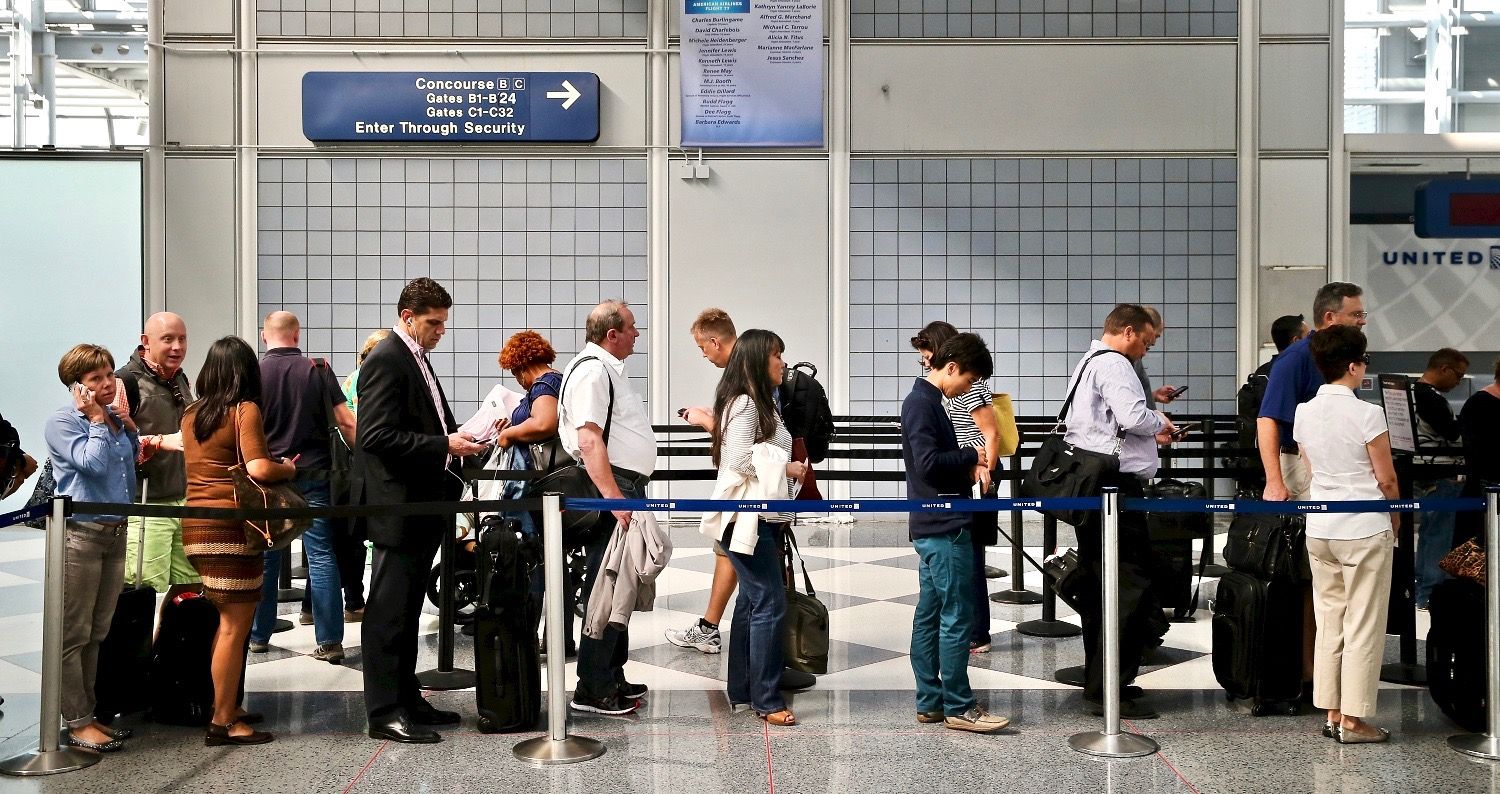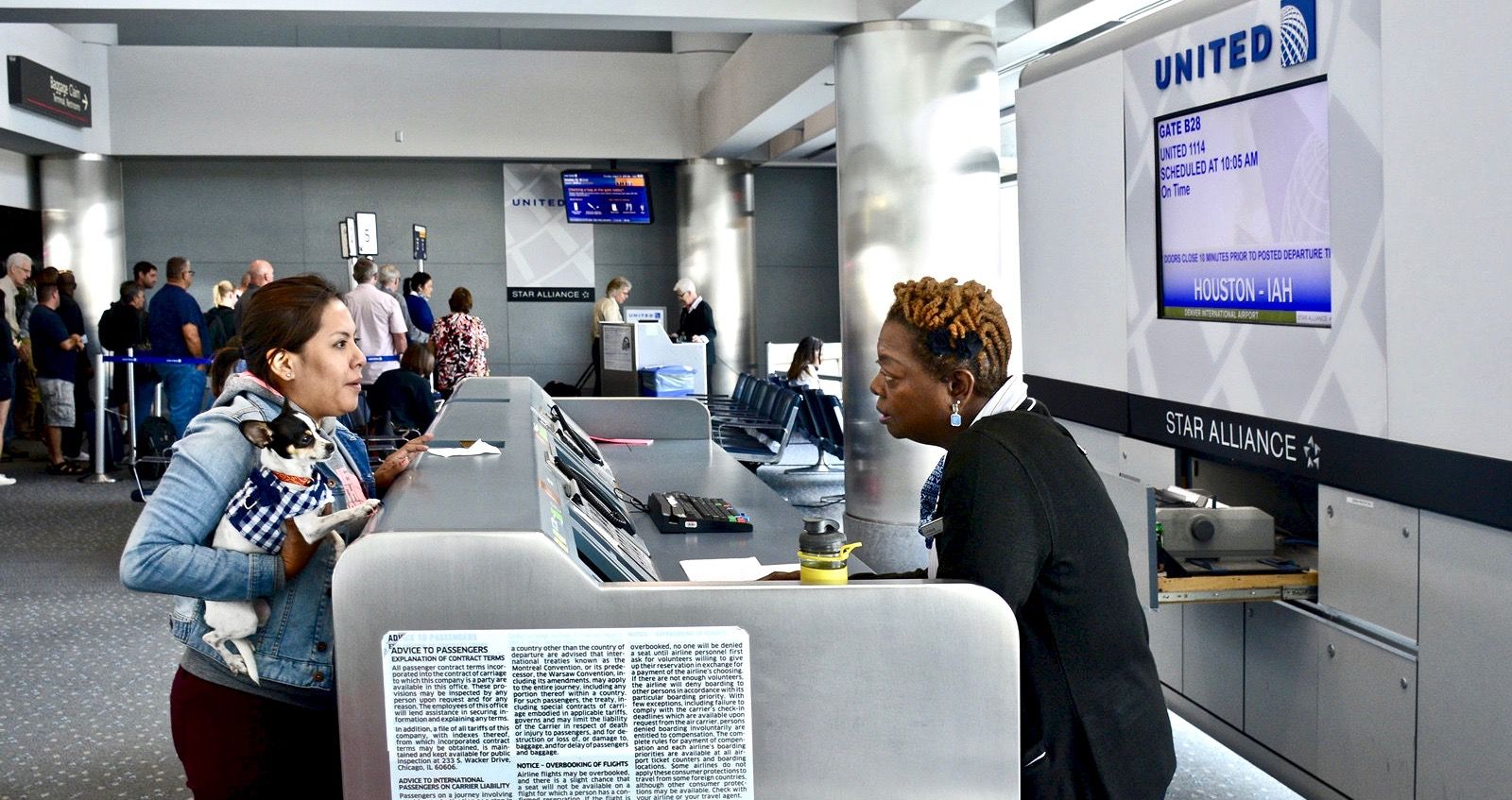After David Dao was forcibly removed from a United flight last year, it seems as though US airlines have gone out of their way to confront the issue of denied boardings. Many have increased compensation in exchange for passengers voluntarily surrendering their seats, while others have begun dealing directly with overbooking. Delta Air Lines, for example, has increased the maximum amount of compensation from $1,350 to $9,950.
Despite some negative press regarding incidents aboard aircraft, involuntary denied boardings have been in decline in recent years. A 1976 Supreme Court case, Nader v. Allegheny Airlines, sought to ban overbooking. Since then, involuntary denied boardings have decreased from 150,000 per year to 46,000. For many, though, that is still unacceptable.
American Airlines has taken steps to reduce involuntary denied boardings and to deal with overbooking before passengers arrive at the airport. They have launched a pilot program which attempts to contact passengers on overbooked flights in advance, either by email and text. Travelers have the option to rebook or can choose to call a hotline.
“If we have an equipment swap that may have less seats on the aircraft, and the flight is leaving greater than 24-hours out, we proactively contact customers to see if they would be willing to take an alternate flight, which may include a more desirable routing along with possible compensation,” a spokesperson for the airline told Travel + Leisure.
The airline, however, still managed to make headlines last month when a passenger was kicked off a flight as a result of the size of her cello, despite the fact that she had purchased an additional seat for the instrument, and had had no problems on her inbound flight to Miami. In a Facebook post, Jay Tang said that his wife Jingjing Hu, a music student at DePaul University School of Music in Chicago, was traveling to Miami to perform in a music festival.
“They just kick off passengers when they oversell their tickets using FAA regulations as an excuse,” said Tang. “I could have been told those regulations when purchasing the ticket. My wife could have been told those regulations when flying from Chicago to Miami, at check-in counter in Miami International Airport, at the gate or even when boarding the plane. Yet they chose to kick her out last minute after she was seated and her cello safely secured.”
Federal regulations allow passengers to travel with instruments such as cellos in the cabin as long as they purchase an additional seat, which led Tang to suspect Hu was forcibly removed because the flight was overbooked.
RELATED: Heathrow Boss Wants Americans To Be Able To Use EU-Only Gates To Speed Up Lines
Hu eventually made it back to Chicago the next day, though her experience still highlights the work that needs to be done by airlines deal with issues of overbooking and involuntary denied boardings.


